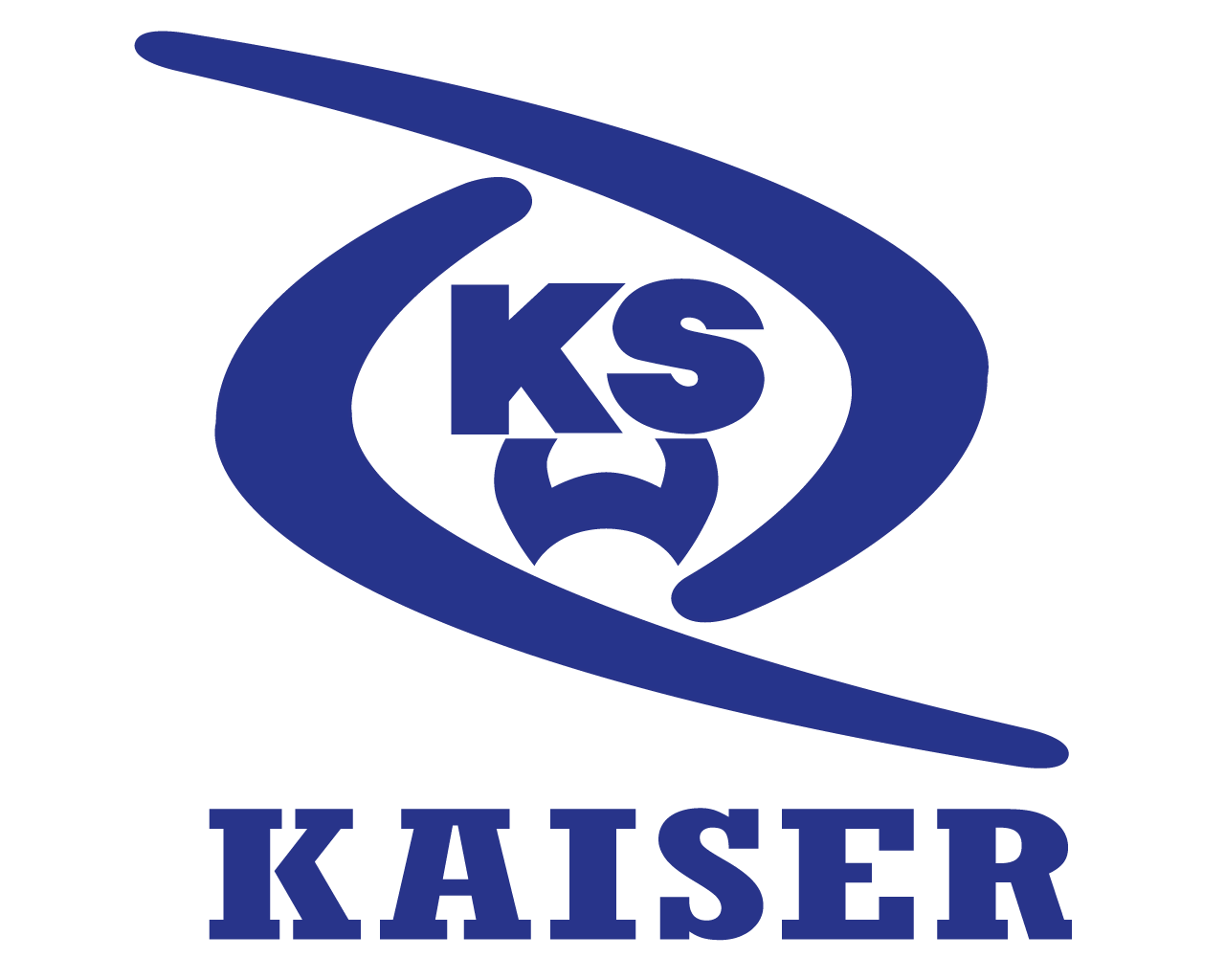Advantages of Aluminum Forging Technology in Modern Manufacturing
Aluminum forging technology plays a crucial role in modern manufacturing. Thanks to its unique material properties and precise processing, it offers numerous advantages for various industries. From the automotive and defense sectors to aerospace and medical technology, companies benefit from high-quality aluminum forged parts that impress with their strength, lightweight construction, and durability.
1. High Strength and Load Capacity
One of the greatest advantages of aluminum forging technology is the high strength of the manufactured components. The forging process compresses the internal structure of the metal, increasing its mechanical load capacity. This makes aluminum forged parts particularly resistant to strong forces and dynamic loads. Aluminiumschmiedeteile besonders widerstandsfähig gegenüber starken Kräften und dynamischen Belastungen.
Industries such as the automotive industry, aerospace, and defense increasingly rely on aluminum components that meet the highest safety standards.
2. Low Weight and Energy Efficiency
Aluminum is a lightweight metal with a significantly lower density compared to steel. This property contributes significantly to energy savings, as lighter components reduce fuel consumption and increase the range of electric vehicles.
3. Corrosion Resistance and Durability
Another major advantage of aluminum forged parts is their high corrosion resistance. Aluminum naturally forms an oxide layer that protects the material from external influences. Additional surface treatments, such as anodizing or powder coating, enhance this protection and significantly extend the lifespan of the components.
This is particularly beneficial in sensitive areas such as medical technology, where hygiene and material resistance play a crucial role.
4. Precision and Design Freedom
Thanks to modern forging technologies, aluminum components can be manufactured with high precision and in complex geometries. The forging process enables the production of parts with minimal material waste, ensuring efficient use of resources and lower production costs.
Especially in the fields of equipment technology and two-wheeler technology, customized solutions are required that meet both functional and aesthetic requirements.
5. Sustainability Through Recyclability
Aluminum is 100% recyclable without losing its material properties. The recycling process requires only a fraction of the energy compared to primary production, making aluminum a sustainable material. Companies that focus on environmentally friendly manufacturing benefit twice from aluminum forging technology.
Conclusion: The Future Belongs to Aluminum Forging Technology
Aluminum forging technology offers numerous advantages for modern manufacturing. Its high strength, low weight, corrosion resistance, and excellent recyclability make it a key technology in many industries.
Companies that prioritize quality and efficiency can achieve significant benefits by using aluminum forged parts – whether in the automotive industry, aerospace, or medical technology. The continuous development of forging technology will make this material even more versatile and efficient in the future.

